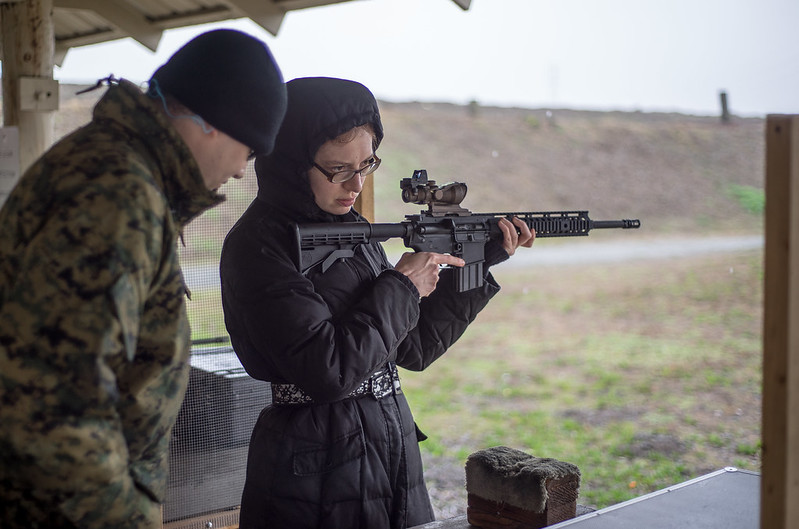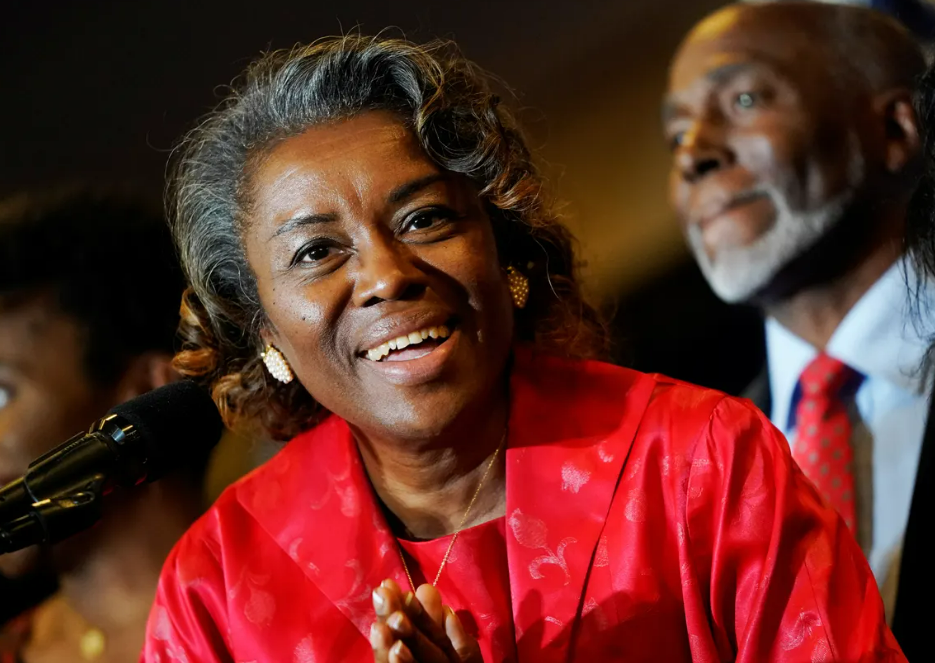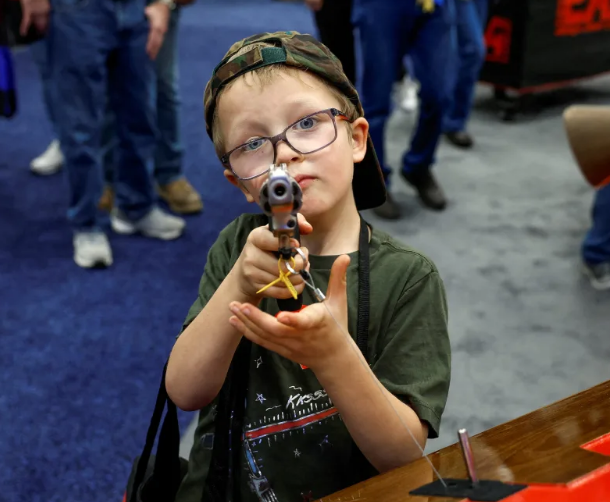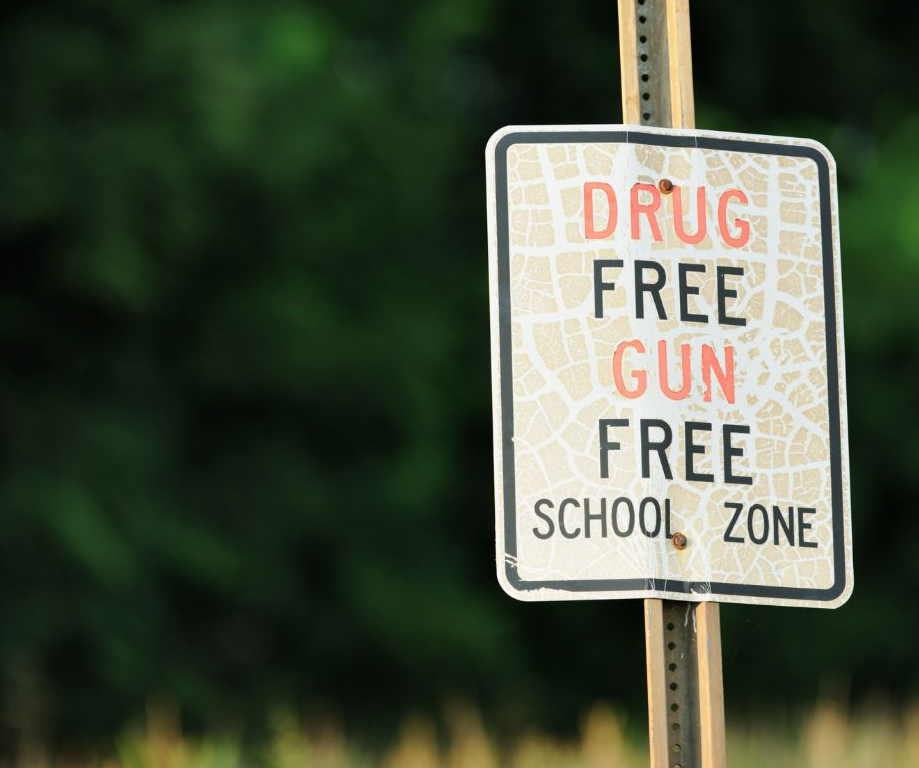
Emory University Psychology Professor Drew Weston has written an op-ed for the Washington Post arguing that Americans under the age of 25 should not be allowed to own a firearm.
Drew Weston writes for The Washington Post:
Whereas many of us know the dangers posed by young drivers, a key risk factor that has received too little in discussions of gun violence is age. People between the ages of 14 and 24 constitute just over 16 percent of the population in the United States, but they commit nearly half of the murders — and most use firearms. The pattern of murder offenses by age shows a clear arc: It rises sharply in the late teens, peaks between the ages of 20 and 24, and then begins to decline.
There are developmental reasons people in their late teens and early 20s, especially males, are particularly likely to engage in gun violence and other dangerous acts (like my reckless driving). A crucial factor is that the frontal lobes — which help us think through our actions — do not fully mature until roughly age 25. There is, moreover, another brain-development issue relevant to mass shootings in particular: The teens and early 20s are a crucial window for the onset of severe mental illness, particularly psychotic disorders such as schizophrenia. That window begins to close around age 25.
These facts open the door to a gun-regulation compromise. Even if more aggressive measures are stymied by gridlock, Congress might consider banning the sale of firearms to people under 25 (except, perhaps, hunting rifles). Even conservatives have shown some appetite for age-based restrictions: Just three weeks after the shooting in Parkland, the then-governor of Florida, Republican Rick Scott — now in the U.S. Senate — signed a bill shifting the age for purchasing a firearm from 18 to 21. But the choice of 21 was arbitrary. Recent research in neuroscience suggests that 25 makes more sense.
The argument made by Weston is that because the brains of young adults are not fully formed meaning they are not capable of owning a firearm. To bolster his argument he cites homicide statistics.
According to the very data he cites, 16,000 Americans were killed as a result of homicide, roughly half of which (8,000) were committed by young adults. That being said there are 38 million Americans between the ages of 16-24, which means that less than 1% of this demographic is responsible for these homicides.
Weston also fails to mention if these firearms were obtained legally. Simply writing a law that makes ownership of firearms illegal for these people does not mean that they will not be able to obtain guns. Many felons still manage to get firearms despite not being legally allowed to do so.
Ironically the left, who advocate for a decrease in the voting age, have argued for measures like this in the past.



